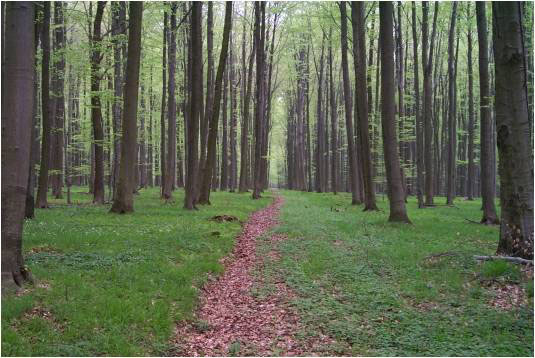Scientists from the Thünen Institute of Climate Smart Agriculture and the University of Göttingen analysed seven years of eddy covariance data of carbon and water fluxes obtained at the two contrasting forests with identical equipment and setup. They found no differences in the average net carbon balance; however at the managed forest the annual totals varied more strongly from year-to-year. The lowest net carbon gain was observed at the managed site during years with low spring temperature and high fruit production. The unmanaged forest used more water than the managed forest did and had thus a lower water use efficiency. The authors discuss whether reduced management activities may increase the resilience of beech forests against unfavourable weather patterns and result in more stable annual carbon budgets, and whether the cost for achieving a higher resilience would be higher water consumption due to higher rainfall interception. The study by M. Herbst and co-authors is available at <link http: www.sciencedirect.com science article pii s0378112715003126 external-link-new-window external link in new>
Nach oben
